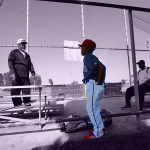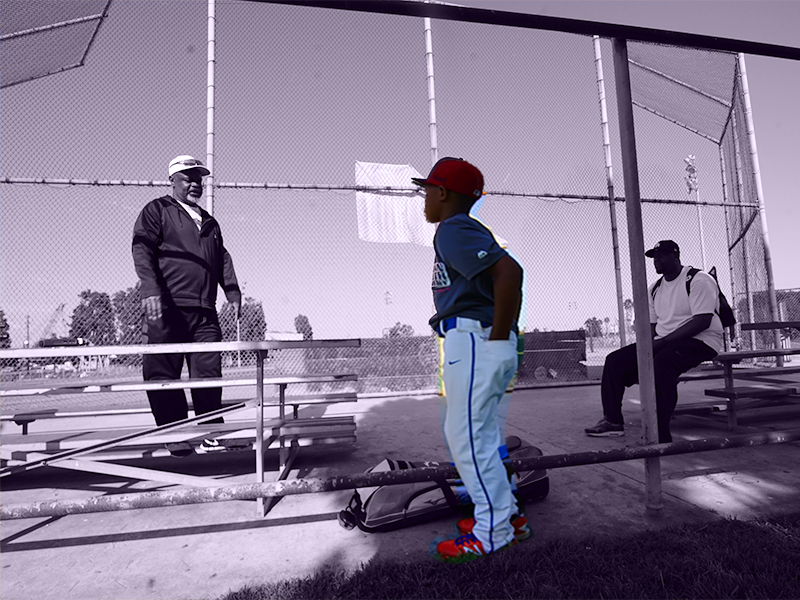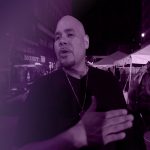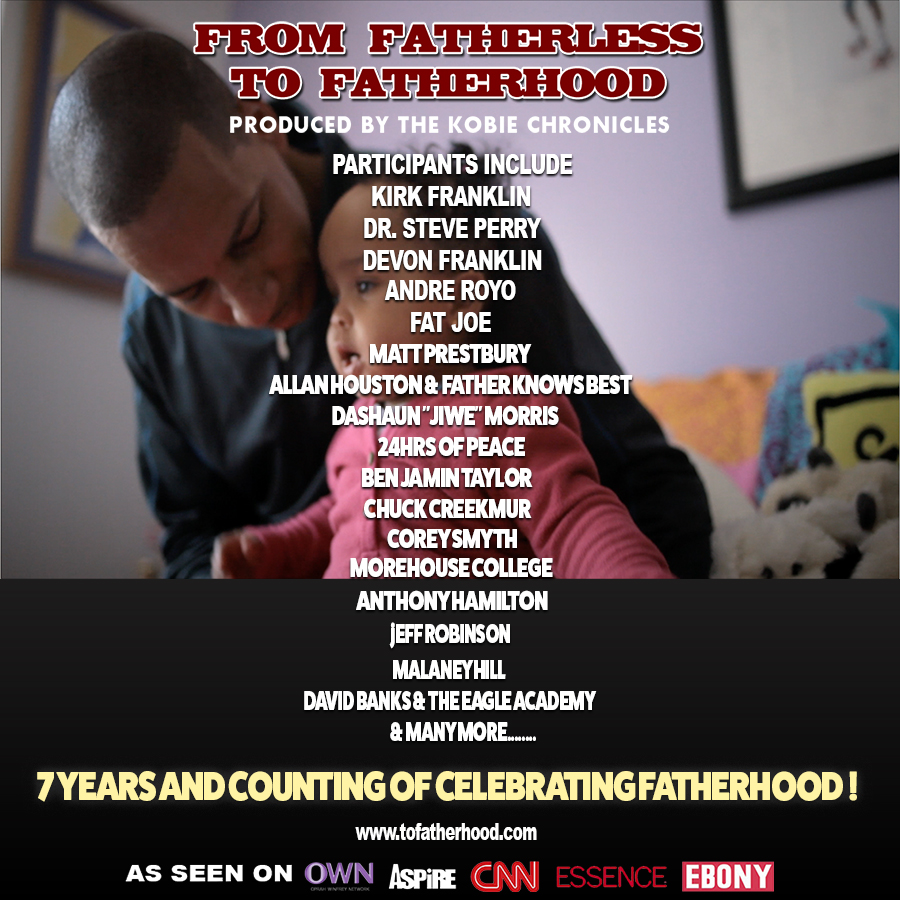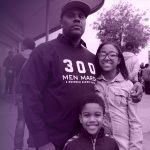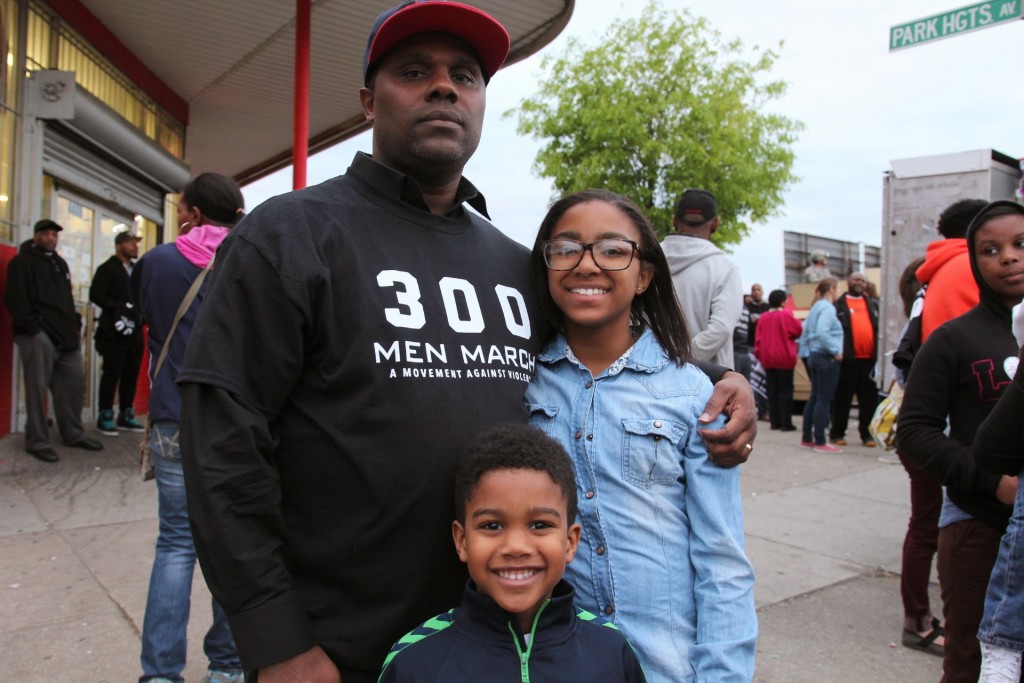On a sunny day in Inglewood, former MLB catcher Carl Nichols, offers some insight to a father and son about the game of baseball. While Jackie Robinson broke major league baseball’s color line, it is reported that less than 10% of today’s active players are black.
Of additional interest is the fact that during its heyday, the Negro Leagues, the black-owned and operated that existed before major league baseball allowed non-white players, drew crowds that outnumbered all other leagues. There is, however, an effort to increase the number of black players playing little league, high school, college and professional baseball. We discovered one such example in Inglewood.
There is a great book , Shades of Glory : The Negro Leagues & the Story of African-American Baseball – that chronicles the history of black men, and women, and their relationship with baseball.
